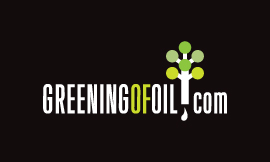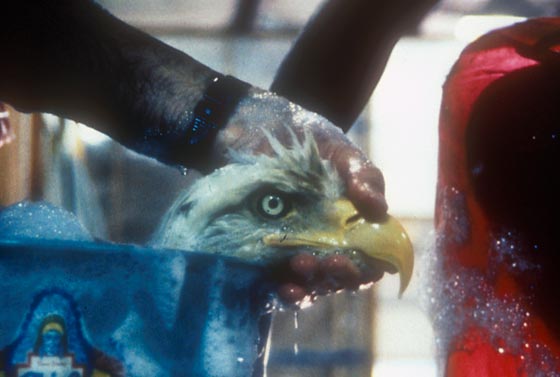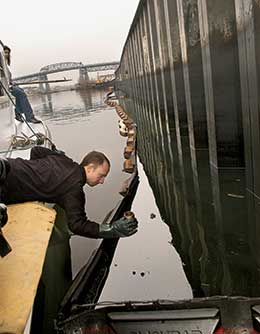Up to 11,000 barrels of oil spilled into a Texas waterway over the weekend, the largest spill in the state in nearly two decades. The spill, from a hole in the side of the 807-foot tanker Eagle Otome, happened in Port Arthur, where the state’s petroleum and shipping industries meet. The incident is expected to close the Sabine-Neches Waterway—which is used to transport oil to four Texas refineries—for at least five days. In a healthy dose of irony, the Port Arthur Chamber of Commerce’s motto is, “Where oil and water mix, beautifully.”
The spill comes as Congress ponders passing an energy/climate bill that’s expected to include some expansion of offshore drilling in the United States. Indeed, it may be the inclusion of more drilling that gives that bill a fighting chance of passage this year. Republican supporter Lindsey Graham (S.C.) and a number of moderate Democrats have voiced desire for expanded drilling, and the White House has floated drilling as part of a “grand bargain” to get something passed. The Senate framework from Graham, John Kerry (D-Mass.), and Joe Lieberman (I-Conn.) includes drilling provisions. Even many environmental groups have now accepted that additional drilling will likely be necessary as part of a compromise to get a cap on carbon dioxide.
Proponents of drilling often tout how environmentally friendly their practices are these days. But Saturday’s spill is a healthy reminder that no matter what you do to oil, there’s nothing very green about it.















